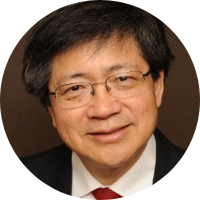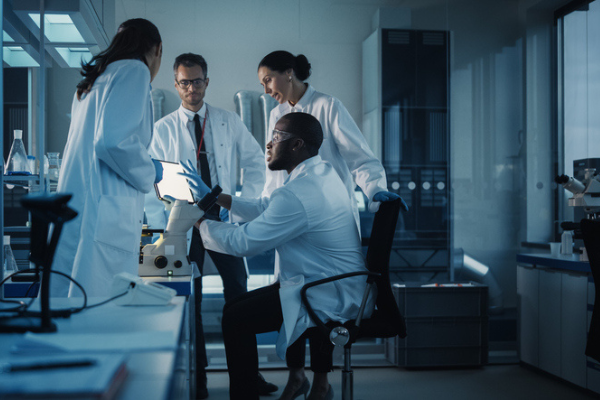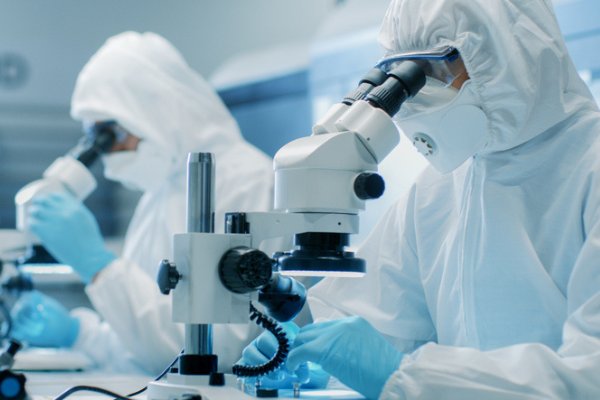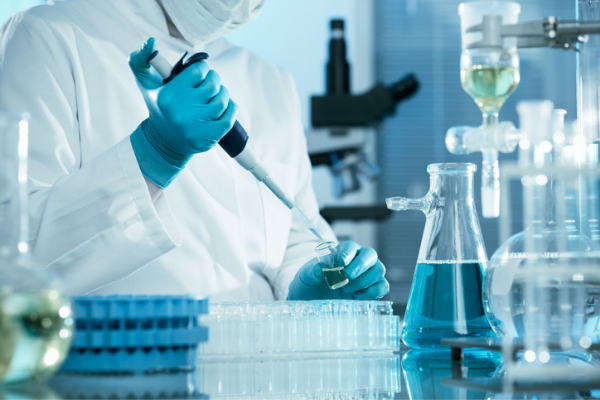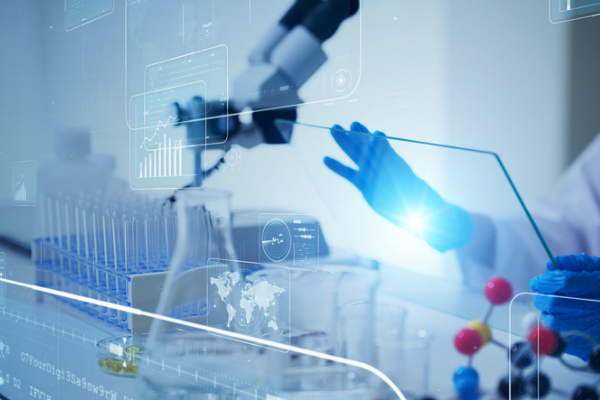What’s something most ACS members probably don’t fully appreciate about the chemical technical professionals?
The chemical technical professionals play a major role in the chemistry enterprise. Most of us are familiar with them working and assisting chemists in research labs. Actually, many of them work independently on a wide variety of laboratory or nonlaboratory assignments. Most notably: testing and analysis, chemical engineering projects, manufacturing, technical service and support, safety, and regulatory affairs. They not only generate data, but also help with planning, interpretation data, and record keeping. Their experimental and observational skills contribute to project success.
You have worked with many chemical technical professionals over the years. What have you learned about them?
Indeed, I have worked with a range of chemical technical professionals with different backgrounds and skills at three organizations. When I first started, I was assigned two experienced people who knew their way around a laboratory. Their familiarity with lab procedures and equipment helped me immensely. In fact, I learned as much from them as they learned from me. After them, I was fortunate to have several more excellent technical professionals. A few of them were so good that they could perform as independent researchers. I also had technical professionals who needed more training and mentorship.
What makes for an effective working relationship between a supervisor and a chemical technical professional?
In general, I believe the best working relationship is an open and collaborative one, where both parties keep each other well informed and updated. A working partnership is ideal, especially if both are experienced. In this case, they would both contribute their skill and knowledge to the project, and the credit should be shared. If one is new or inexperienced, the other should help guide and facilitate the learning process.
When you think back on successful chemical technical professionals, what are some of the common attributes they share?
I agree with Jeff Seifferly on this question (Industry Matters, Feb. 17, 2022). Certainly, work ethic, communication skills, innovativeness, and reliability are key attributes. The best chemical technical professionals have the required technical background, as well as the interest, motivation, and ability to work as a team player. They should take responsibility for the accuracy and quality of their work.
What’s your best piece of advice for chemical technical professionals?
For a person in any job position, I think it is important to decide career goals early on, since there are many possible paths to follow. Furthermore, although difficult at times, one has to strike a balance between work goals, family life, and school. My advice is not to lose sight of your goals and stay positive and motivated! It is always a good policy to do the best you can under any circumstances.
Do you have other thoughts or observations?
In the companies that I’ve worked, I’ve always found lunchtime camaraderie among technical staff to be an important component of the workplace. Here, informal technical exchanges occur, including experiments to try and new approaches for data interpretation. The same can be said about informal hallway conversations. These interactions seem to be ways to build a good working relationship among coworkers and enhance the work environment. Another place of technical exchange is at ACS local section meetings, where the attendees can hear about interesting research and increase their network of friends and colleagues.
For another perspective on the working world of a chemical technical professional, and what it takes to succeed in this role, we encourage you to read Finding Your Path as a Chemical Technical Professional, which appeared in a recent issue of InChemistry, the ACS undergraduate student magazine.
About the Contributor
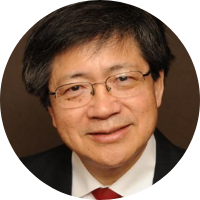
H. N. Cheng recently retired from the Southern Regional Research Center of the U.S. Department of Agriculture. Previously he worked for many years at Hercules Incorporated, where he held various R&D and managerial positions. He has played major roles in the development of several commercial products and has published over 300 papers and 26 patent publications. He has organized 45 symposia at national meetings since 2000, and edited 23 books.
He received his BS (summa cum laude) from UCLA, and his PhD in physical chemistry from the University of Illinois, Urbana-Champaign. He did his postdoctoral work at Bell Telephone Laboratories in Murray Hill, NJ. He has been a member of the American Chemical Society since 1982. As 2021 ACS President, he championed the cause of chemistry, emphasizing the importance of growth, R&D, sustainability, and digitization, and collaborated with others to support programs that enhance innovation, industrial engagement, entrepreneurship, and networking.
This article has been edited for length and clarity. The opinions expressed in this article are the author's own and do not necessarily reflect the view of their employer or the American Chemical Society.

